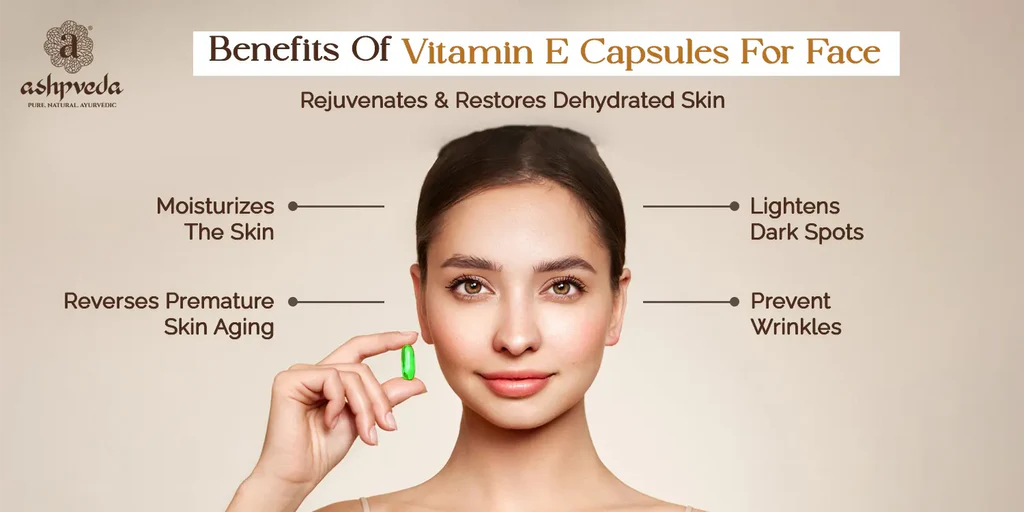Vitamin E is a vital nutrient with powerful antioxidant properties, playing a crucial role in maintaining overall health. This article delves into the various health benefits of vitamin E, its natural sources, and the foods rich in this essential vitamin.

Vitamin E is a potent antioxidant that helps protect cells from damage caused by free radicals, which are unstable molecules that can harm cellular structures. This protection is crucial for preventing chronic diseases and slowing the aging process.
Vitamin E is widely recognized for its benefits to skin health. It can help maintain healthy skin, reduce signs of aging, and protect against sun damage.
Vitamin E plays a significant role in supporting the immune system. It helps maintain the health of the immune system by protecting immune cells from oxidative damage.
Vitamin E is important for maintaining good vision and may help prevent age-related macular degeneration (AMD), a leading cause of vision loss in older adults.
The recommended dietary allowance (RDA) for vitamin E varies by age, sex, and life stage. For adults, the RDA is:
Meeting these requirements is essential for reaping the full benefits of vitamin E and preventing deficiencies.